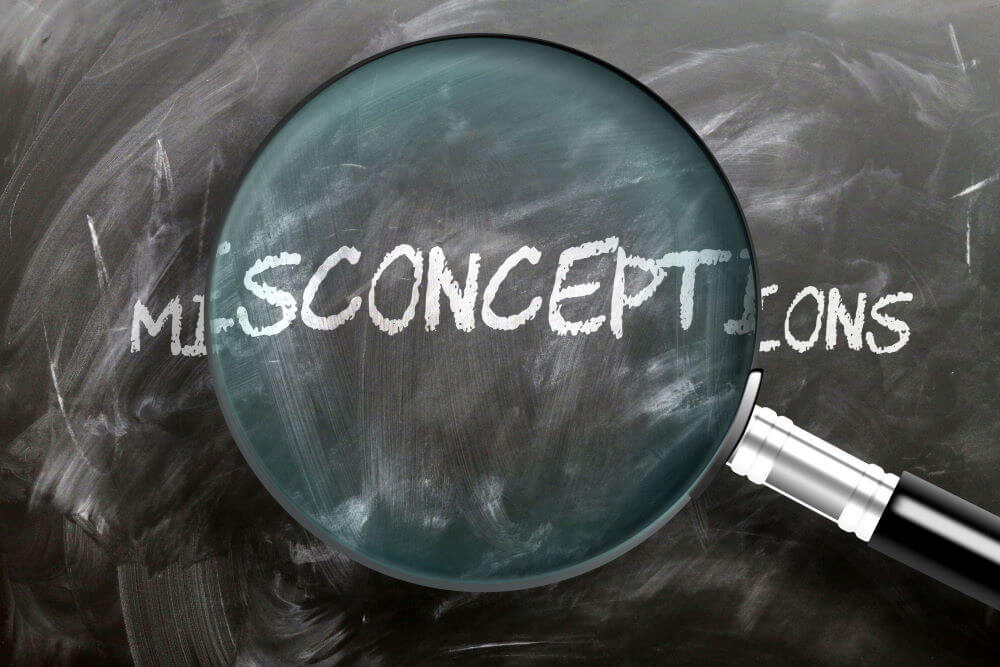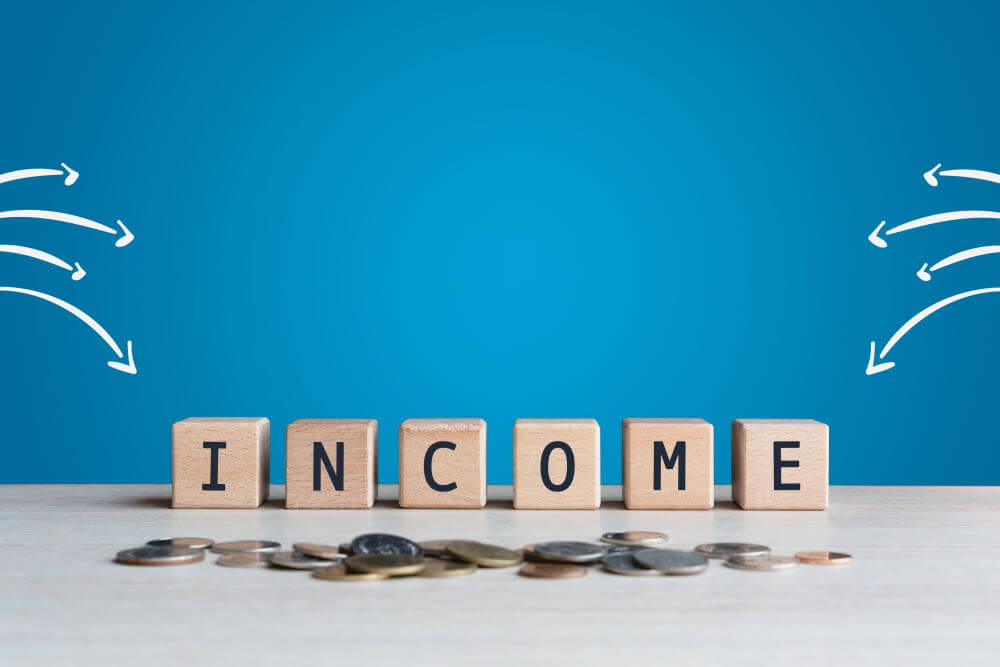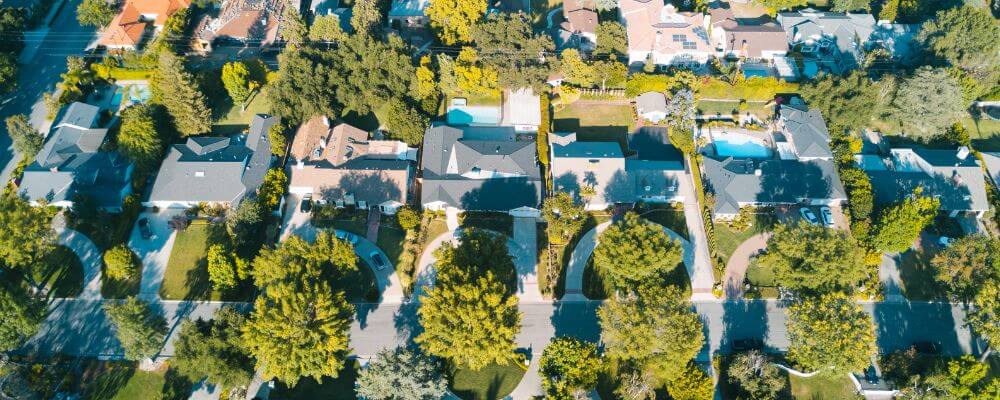If you’ve been investing in real estate for any time at all, you’ve likely been intrigued by the idea of wholesaling.
Can you really make money in real estate without owning properties and using your own money?
The short answer is yes!
However, wholesaling real estate is much more complex than many gurus will lead you to believe.
Have investors made millions of dollars by wholesaling houses? Absolutely.
But if it was so simple, why do over 90% of investors that start their real estate career by wholesaling fail?
The truth is that wholesaling can be an extremely lucrative business, but it requires skills, systems, and dedication to be successful.
This article aims to discuss the benefits of wholesaling and what it takes to be successful so you can decide if this investment strategy is worth it for you.
Let’s dive in!
What is Wholesaling in Real Estate?
In its most general sense, wholesaling real estate involves finding distressed properties that can be purchased at a discount and then flipping them over to other real estate investors for a fee. The most common end buyers of wholesale properties are flippers and landlords.
While that covers the basic definition of wholesaling, it can be structured multiple ways.
Historically, the most common way that wholesalers have structured deals is the assignment. In this scenario, the wholesaler signs a purchase contract with the seller of the property and then assigns that contract to another investor for a fee. In this case, the seller and the end buyer show up at the closing table.
Another way to complete a wholesale deal is with a double closing. Instead of assigning the original contract, the wholesaler signs a brand new purchase contract with the end buyer for a higher price than their purchase price with the seller. Two closings occur in this scenario (hence the name “double closing”). First, the wholesaler buys the house from the seller. Shortly after, they sell it to the end buyer and collect the difference.
Misconceptions About Wholesaling

Because wholesaling has become so popular in the world of real estate investing, there is bound to be misinformation about it. Here are the most popular misconceptions surrounding this investing strategy.
It Is the Easiest Way to Get into Real Estate
We need to make a distinction between the cheapest way to get into real estate and the easiest way to get into real estate. People often combine these two things, but they’re not necessarily the same.
Can you begin wholesaling houses with hardly any money and poor credit? Absolutely.
However, there are several moving parts when wholesaling real estate. It takes time and effort to put all the pieces together, and a disruption in one segment can cause major problems in your business.
It Is Not Wealth Building
Many real estate instructors will downplay wholesaling and recommend other investing strategies instead. Their biggest reason is that they believe wholesaling is not wealth building.
While this is somewhat true, it can be misleading.
Indeed, wholesaling a house will only pay you once instead of receiving monthly cash flow and appreciation from a rental property. However, that one paycheck can be significant! It’s not unheard of for a wholesaler to make $20,000 on one deal.
Beyond that, wholesaling is the most logical stepping stone for many people to get into real estate investing. Generating income through this strategy for a while can supply them with enough capital to take on other forms of investing.
However, many wholesalers decide to keep this their main investing strategy long-term because they like the idea of making money without renovating houses or dealing with tenants.
You Don’t Need Any Money to Wholesale
While it is possible to wholesale real estate without using any of your own money, it can be much more difficult.
First off, just marketing for deals, which is a wholesaler’s primary task, can require a significant amount of capital to get going. There are free ways to find leads, but they are challenging in a saturated market.
Even though it is possible to assign a contract and never close on the house, you shouldn’t rely solely on this strategy when wholesaling. Sometimes it just makes more sense to have a double closing. Beyond that, many wholesalers will purchase a house and then sell it a month later.
To pull that off, you will either need a cash reserve or access to some type of transactional funding.
Keys to Success in Wholesaling

Before you jump into wholesaling, let’s discuss some of the skills and resources you will need to be successful. We’ve mentioned that there are several moving parts in this business, and here are the most important ones.
Marketing for Off-Market Deals
As a wholesaler, your number one job is to find discounted off-market properties. This can literally be a full-time job by itself.
There are numerous ways you can go about finding these houses. Here are some of the most common marketing methods that wholesalers use:
- Direct Mail
- Cold Calling
- Text Message Blasts
- Driving for Dollars
- Referrals from Real Estate Professionals
- SEO/PPC
This list can be a little daunting at first, but most investors don’t master every one of these strategies. However, if you are unfamiliar with sourcing your own leads outside of the MLS, you should try these and find which of them works best for you.
Evaluating Properties
This is where wholesalers earn their paychecks. In reality, anyone can generate leads if they market hard enough. However, the ability to spot diamonds in the rough and negotiate deals with enough meat on the bone is a skill that must be mastered to be a successful wholesaler.
The first component of structuring a profitable deal is determining the home’s After-Repair Value (ARV). Without this, there is no way to know what you need to buy the house for. The best way to find the ARV is to run a comparable sales report by looking at similar homes recently sold nearby.
Next, you must be able to determine an accurate rehab estimate. This is where many wholesalers struggle because they have never managed a renovation. It is also why experienced flippers and contractors often make great wholesalers because they can walk through a house and determine an accurate budget.
Either way, it is essential to identify significant rehab costs. For example, if a house has termite damage, you should be conservative when estimating how much it will take to repair it.
Negotiating Stellar Deals
Even if you can pinpoint a house’s ARV and rehab budget, it doesn’t matter if you cannot negotiate the deal with the seller. And the thing with wholesaling is that you have to negotiate even better deals than usual because there must be enough room for you to collect your assignment fee and the end buyer still make their profit.
The key to getting steep discounts is solving people’s problems. Unless you’re a used car salesman, you should not approach negotiating as a bare-knuckle haggling match. Instead, your job is to build rapport with the seller and uncover their motivation and pain points.
Having Go-To Buyers
Many wholesalers have the mentality, “Find a good deal, and the buyers will come.” This is somewhat true, but it doesn’t mean you should ignore building a buyers list. Knowing that you have buyers lined up that are ready to buy your deals can allow you to make offers with more confidence.
Most successful wholesalers segment their buyers lists by “A,” “B,” and “C” buyers. The “A” buyers are people that you know very well and are typically the ones you contact first with your deals. “B” buyers are people you know are looking for deals but you’ve never personally worked with. “C” buyers are those that got on your email list, but you don’t know anything about them. The key to quickly selling wholesale deals is to develop a strong list of “A” buyers that you can always count on.
Benefits of Wholesaling Real Estate

We’ve discussed what it takes to succeed as a wholesaler, which is quite a lot! However, there are some significant benefits of wholesaling real estate.
Less Money Required
We mentioned earlier that it is not necessarily free to begin wholesaling houses. However, it is the cheapest option to start investing in real estate.
With most investing strategies, you will need capital to fund down payments and rehab expenses, which can be quite significant. When getting started wholesaling, your primary expenses will be marketing costs and earnest money deposits.
Although having access to capital will expand your capabilities as a wholesaler, it is not required when getting started.
Avoid the Problems of Flipping and Renting
Let’s face it. Some forms of real estate investing can have major headaches if you don’t have extensive experience and systems in place. For example, house flips often go way over budget and schedule, and landlords constantly deal with maintenance issues and troublesome tenants.
Wholesaling eliminates all logistical problems associated with the more traditional forms of investing because the wholesaler typically never owns the property. Even if they do, it is for a very short period, and they are not responsible for making repairs.
Faster Money
Every real estate investing strategy has its place, and investors can choose which ones will meet their financial goals.
Buying rental properties can generate a massive amount of wealth from cash flow, appreciation, and mortgage paydown, but it takes years to get there. Flipping houses provides large chunks of profit, but a large project can take months or even a year to complete.
Wholesaling, on the other hand, has a speedy turnaround time. Most wholesale deals are completed in less than 30 days, with the longest timeline being a few months.
Easier to Scale
Because there is less capital required and it can be accomplished with a small team, wholesaling is relatively simple to scale. While investors that flip several houses at once need multiple crews of contractors, it is entirely feasible to wholesale several homes per month with a team of only a few people.
Can Wholesaling Real Estate Help You?
If you have access to multiple leads each month, you could quickly begin wholesaling some of them to increase your income without much effort. Even if you don’t have many leads right now, you might consider ramping up your marketing so you can get into the wholesaling game.
Wholesaling real estate has given many investors the boost they needed to achieve their long-term investment goals.
Just think, what could an extra $10,000 each month do for your financial situation?
If you can develop the skills discussed in this article, then wholesaling properties should be a no-brainer for you.
Should You Focus Solely on Wholesaling?

It is wrong to assume you must focus on just one investing strategy. What if you became an expert marketer, structured several deals per month, and wholesaled most while keeping the best for yourself? This would not only give you a great investment portfolio, but the assignment fees you receive would also help fund your own projects.
Some of the best investors know the importance of being well-rounded. They consistently source deals and use their knowledge of investment strategies to determine the best structure for each one.
If you are low on capital right now, you could focus on wholesaling for a little while until you build up the funds to start acquiring houses yourself. However, if you want to experience residual income that isn’t tied to your time and effort, you should eventually begin adding rental properties to your portfolio.
Is Wholesaling Real Estate the Right Fit for You?
Every real estate investor should have the wholesaling strategy in their arsenal. Not every deal that comes across your radar will be a good fit for you, but it might be for someone else. You can monetize these deals by learning the wholesaling strategy instead of letting them pass by.
Whether you want to dive into wholesaling as one of your primary strategies is completely up to you. If the skills and resources required don’t seem like a big deal for you, it would likely make sense to focus on this strategy. However, it might not be the best fit for you if you don’t enjoy sourcing off-market deals and negotiating with sellers.
Overall, wholesaling is a great strategy to quickly generate income in real estate, but it does require a significant amount of work. However, the income potential can totally be worth the effort required.
We wish you the best on your investing journey!

Author Bio: Jordan Fulmer is the owner of Momentum Property Solutions, a house buying company in Huntsville, AL. They specialize in buying houses in tough situations and renovating them to either sell or rent. Jordan also runs the SEO side of their business and regularly writes content about real estate investing, home improvement, SEO, and general real estate topics.

